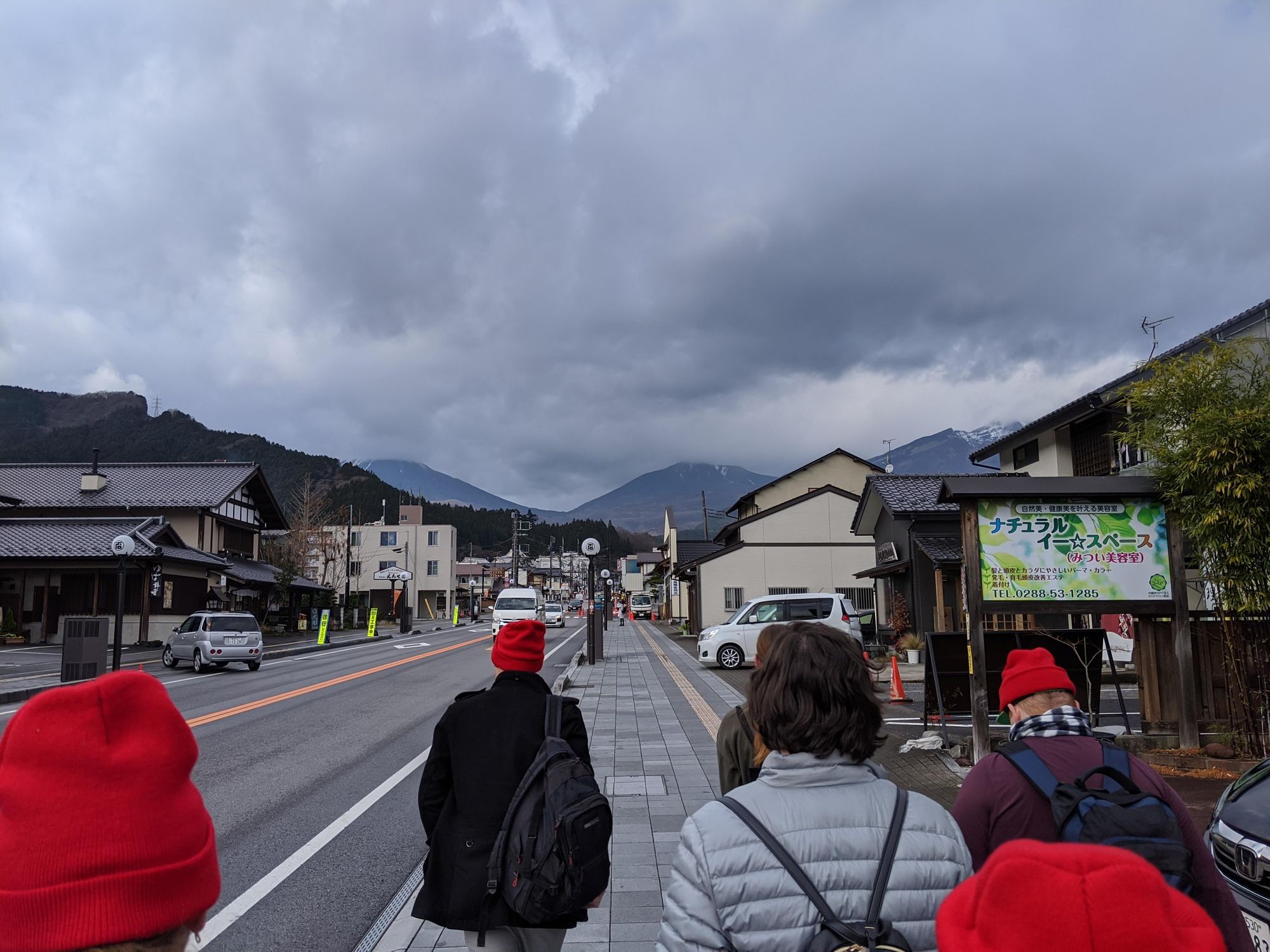How I Was Conditioned To Be 'Mature' At A Young Age

My father would always say we were more mature compared to our cohorts, my brother and I.
I happened to be born around the end of June, 2005, making me one of the youngest with the oldest starting in July 2004. (Still, not the youngest.)
This identity of 'being mature' influenced how I conducted myself. Even though I am one of the youngest of my peers.
I can recall, when people asked my age, they are surprised by how young I am. They assumed I would be one of the oldest given my temperament. I always laughed it off and owned up to it.
I don't know where I get it from; I can give a few answers for cause.
My Parents
Like at the start of the article, my brother and I were brought up telling us we were more mature than our peers. This continual reinforcement of the narrative came into actualisation.
I believed the narrative because my father believed it. Then, because I believed it was true, it becomes a truth in reality.
I know it's a leap in logic: just because your father says it's true doesn't automatically make it true.
But, is belief not real?
Not the sorts embedded in fantasy. But, thinking in terms child behavioural psychology, I had to believe my father.
My ability to critically think was not fully developed, and I then depended on my caregivers to provide me a perspective of reality. Again, that just might be a theory. But the apple does fall far from the tree.
It also helps that I trust my parents. Some part of me believes they are a large part of my development.
They would vilify the stuff we mentioned about our fellow peers: drugs, alcohol, laziness, vaping, etc. They almost treated us as we were not the same as the majority. And we maintain that perspective.
(There's a book about by Gaber Maté, Hold Onto Your Kids. I intend to read it, and it's about the importance of parents in a child's development. In the modern age, the child's peers are slowly playing a larger influence, which is not ideal.)
Gravitating To The Older Grade

Something innate within me wanted to learn from the older cohort. I would hang out with them if I got bored of my main friendship group. This would be more apparent at a particular school trip.
During my high school's Japan tour, I hung out with the older students and the teachers. Their conversations were refreshing. And I think they appreciated it that I was not obnoxious. I carried myself better than those in my cohort who were on the trip.
A good example was Day 3 of the trip. We had the choice of going to two places: Kanazawa or Nikko. We would take the bullet train, but Kanazawa would be a longer trip than Nikko because it was on the other side of the country from where we were in Tokyo. Most of my peers went to Kanazawa, but I bit the bullet and went to Nikko with the older guys.
To be frank, I just wanted peace and quiet from my peers.
As much as most of my mates went to Kanazawa, it was more my opportunity to branch out and talk with my seniors. One particular guy was Dylan. He was a massive anime fan and was just a breath of fresh air for myself. He was cool.
As of now though, I don't go out of my way to hang out with the older graduates. It was only a school thing.
Raised In A Religious Household

Perhaps my maturity came from my religious upbringing?
Between grade 4-9, we went to church every Sunday. I didn't resent it at all. (Perhaps my brother, only because he found it boring.) However, I did enjoy listening to the scripture readings and the sermon the priest would give about life. The song singing was never my preferred practice of faith, but I still endured the hour mass.
I know some of the atheists might call it indoctrination to send children to church without understanding why. I argue religion provides a good structure for having morals if you don't already have one.
In fact, I was listening to Luke Belmar with his brother on a podcast, he said,
"Reality is born without a moral compass. Religion provides you with it."
You might argue you can be a good person without religion or God. I would then argue the source of all good comes from Being or God Himself. The need for a moral compass or set structure to live life provides guidance to the desired outcome: a good life.
Also, there's rarely a moment in modern life where people get to gather and listen about the lessons of life. We're too preoccupied about the next dopamine hit than thinking about what truly matters in life.
Particularly when it comes to integrity. I define maturity of doing the right thing. Having that belief for God would keep me in line as a kid (and probably still does). So, I've always had a thing for doing the right thing. And not even in a school or law context, either.
I can attribute most of the stuff I do being the 'right thing to do'.
I don't drink because I don't think it is right to escape from the responsibilities of reality. I workout because it creates a favourable physique and prosperous health. I practice my instrument in order to improve and help the ensemble I play in (later in my school career).
It's my relationship of 'what is right' that influences my actions.
I'd like to believe my religious upbringing had something to do with that.
Thinking

Having knowledge, it affects how you think.
Thinking involves a process. Refine it enough that your ability to filter out useful information improves. Having collected so much knowledge, I've created a a well developing perspective on reality. I've dedicated time to these kind of questions in life.
I think Jordan Peterson mentioned something along the lines of,
"You learn to read so you learn to think. You learn to think so you learn to write."
The ability to articulate ideas starts by absorbing other peoples' ideas, processing to create a new one, then transferring that raw meaning through communication.
One thing I can give the school system credit for is having thinking process integrated into the curriculum. That is the only benefit I can see in school, because most people either don't know how to think, or choose not to entirely.
And even if they do think, they think of stuff that doesn't really matter.
Also, I do enjoy journaling when I am compelled to do so.
(It's arguable that my whole website is one big online journal. I think it's called a 'blog'.)
Reflections can be powerful tools to look for lessons in personal experiences. Explore a trace of thought and see how far it can go. To reinforce already existing ideas, or challenge it.
Documenting my reflections are also for my future self.
Its for him to read it and reflect with the knowledge he has. I do not expect to be the same person in a year, or two years time. People who do not reflect are bound to make the same mistake again. They will look outwards rather than in.
Realising you are responsibility for everything is what marks the transition from childhood to adulthood.
Mark Manson would teach me to not give a fuck about your feelings.
Emotions are impermeant, they do not influence whether an action should be done or not. Also, happiness as a goal will only lead you down a path of hell.
Due to human emotion changing all the time, happiness as a goal will never be truly achieved.
Realising that, I have my emotions affect my decision making less. I am no robot, but I'm acutely aware of when emotions arise.
That's not to say suppress them.
Manson argues to not associate any meaning with your emotions. Do not believe being happy is good. Or being sad is bad.
Without context, these emotions have no inherent meaning.
We give them their meaning.
Mixed Answers
It seems my family and religion being the largest factors for my maturity.
Some part of me resents being like the majority. I can still talk to them, hang out with them, listen to them.
However, because of that influence at a young age, I've always been critical of their so called 'immaturity'.
Choosing to be more mature may have been a compensation for time. I was the youngest after all.
Not that I didn't feel adequate. I didn't want my young age to stop me from playing with the big dogs.
That ability to think and learn stops one's excuse of ignorance from choosing the wrong decisions. Immaturity is naivety; ignorance; choosing easy over right.
Identity influences action.
Action influences identity.
My identity happened to be maturity.
